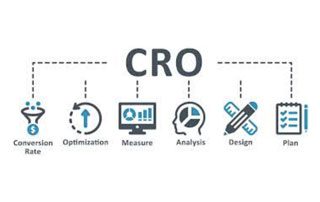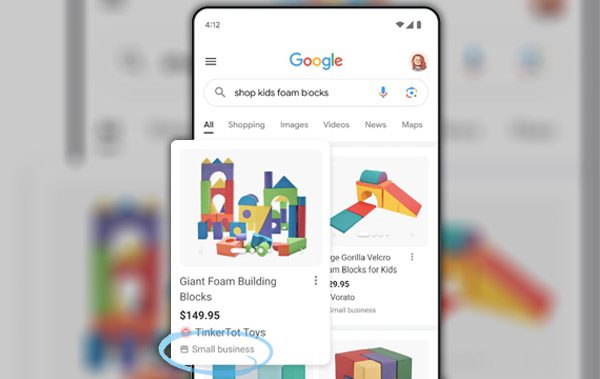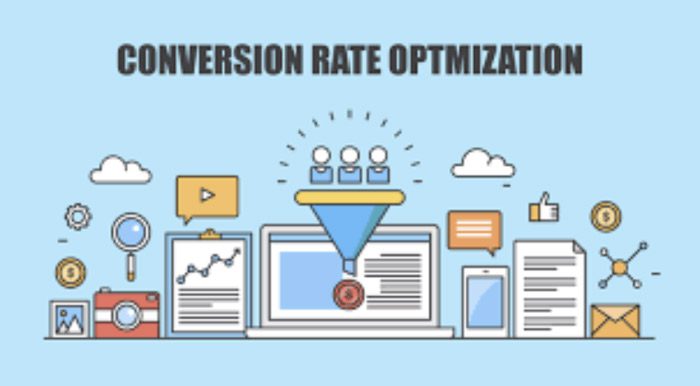Google’s recent announcement stating that it can detect automatically generated content and that it will penalize sites with spammy content has created some panic in the SEO market.
As this field is still new, there is still a lot of ongoing debate about AI generated content. Here are a few insights.
What kind of content gets penalized?
If you are the type that generated walls of content automatically with AI tools for SEO, you may want to modify all of it. We don’t know if and when Google will come down hard on automatically generated content.
Google uses machine learning algorithms to detect spammy content that ads no value to its readers. So if you have been generating content only for search engines, you may want to review it.
How could text be classified as AI generated content by Google?
Some ways in which the search giants algorithm may be able to classify content as being AI generated include:
- A redundant text structure, with identical words and phrases appearing many times.
- While grammar and syntax may be correct, the inherent diversity and complexity of human writing may be lacking.
- The writing may be coherent, but it may lack the fluidity and nuance present in human-written material.
How to avoid getting your content penalized?
Having tested four forms of content writing to determine what works, here are our findings.
- Generate your content using prompts that are more people based. AI is known to write long redundant sentences. Address this problem with prompts.
- Camouflage your text by paraphrasing texts. This also helps eliminate the problem of plagiarism. However, only do this if your text is of high quality.
- Utilize a tool with a more sophisticated AI engine. Choosing a good tool is paramount. A tool with a good language model can help you generate authoratative content right from the beginning.
- Combine human and machine writing. Moderate your content manually for best results. AI detectors use predictive text to generate content. You may just need to modify sections to break the flow of the algorithms.
In thd end, quality still matters. Does your content and information provide a good user experience? If so, then Google will NOT penalize you for it.
Here’s our Content Checklist Cheatsheet for Good SEO
A good strategy currently would be to assess your content and see if affirms these questions.
- Is the content unique in terms of information, reporting, research, or analysis?
- Does the article provide a considerable, complete, or thorough description of the topic?
- Is the content title free of exaggeration or shock value?
- Is this the kind of page you’d like to save or forward to a friend?
- Is the content much more valuable than other pages in search results?
These questions follow the E-A-T (Expert, Authority & Trust) content guidelines for user experience. If your content adds value to your users, you could be impacted favorably.
Need help writing content for your blogs, SEO, Social Media or Ads? Or do you have any custom requirements? Contact our team today at hello@brandingandpromo.comto see how we can help.






